The night’s a sea of dappled dark
the night’s a feast of sound and spark
the night’s a wild enchanted park.
Welcome to the night!
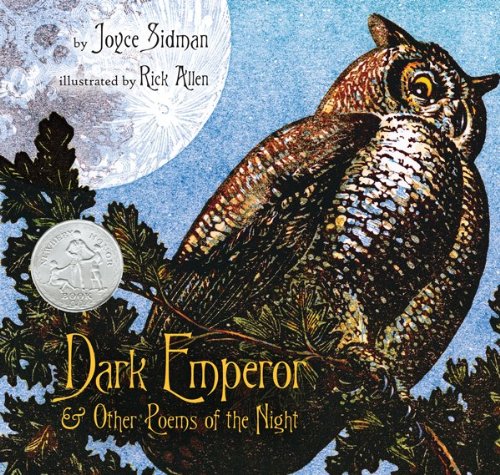 Dark Emperor and other Poems of the Night is a picture book of poetry featuring the natural elements of the nighttime. Prior to the awards, I had looked at this title in terms of the Caldecott, and was pleasantly surprised to find that the book had a description of the illustration process. (Publishers, can we start doing this more with picture books? Thanks!) The artwork is made by relief printing, printed from different blocks in several colors, and then hand-colored. As noted by the illustrator, “There are definitely faster methods of making a picture, but few more enjoyable in a backwards sort of way.” The illustrations are amazing and detailed — especially in an early print, which shows many of the creatures the reader will discover in the coming poems. Personally, I found myself more drawn to the simpler, smaller pictures that accented each poem, but all of the prints were quite special.
Dark Emperor and other Poems of the Night is a picture book of poetry featuring the natural elements of the nighttime. Prior to the awards, I had looked at this title in terms of the Caldecott, and was pleasantly surprised to find that the book had a description of the illustration process. (Publishers, can we start doing this more with picture books? Thanks!) The artwork is made by relief printing, printed from different blocks in several colors, and then hand-colored. As noted by the illustrator, “There are definitely faster methods of making a picture, but few more enjoyable in a backwards sort of way.” The illustrations are amazing and detailed — especially in an early print, which shows many of the creatures the reader will discover in the coming poems. Personally, I found myself more drawn to the simpler, smaller pictures that accented each poem, but all of the prints were quite special. I wish I could say the same for the poetry, but I did not find the poems in this book to be anything out of the ordinary for a children’s book. It wasn’t bad poetry, but nothing gripped me in this book. I was disappointed, because I love two of Sidman’s other books. In last year’s Caldecott honors winner Red Sings from Treetops, I melted over the perfect phrasing and rhythms, and This Is Just to Say moved me with the expressions of apology and forgiveness. But the poems in Dark Emperor seemed flat. They were descriptive and even educational, but I didn’t connect to them. I also felt a little cheated by a book of poetry with only twelve poems. The rest of the required thirty-two pages were taken up with a full spread print to start and end the book, and informational description of each natural element in the poem, a table of contents, and glossary.
But look, I’ll admit that I’m no poetry buff or even particularly a poetry lover, so I’d welcome other opinions of this title. What did you think of it?
Links to material on Amazon.com contained within this post may be affiliate links for the Amazon Associates program, for which this site may receive a referral fee.

















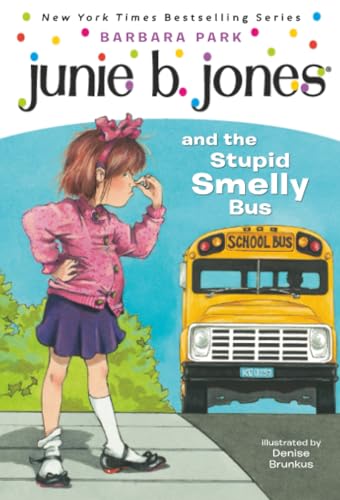



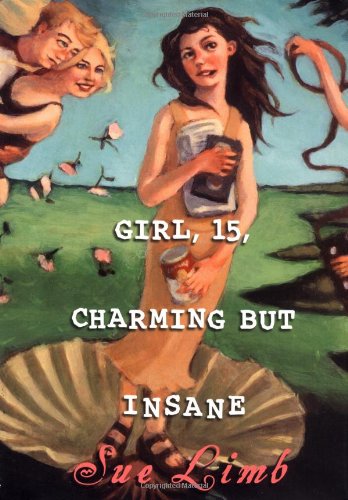
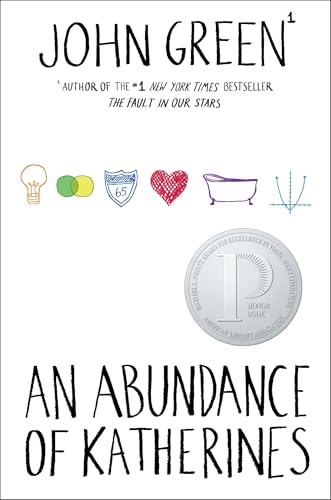
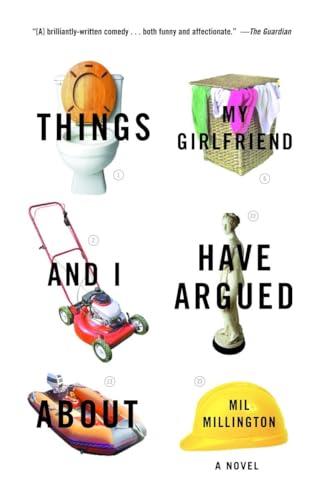
5 comments:
I loved this book.
I liked that you can read it on a couple of different levels. Simply as a book of poems - and a dozen poems seems sufficient to me, especially in a picture book format. Or, it can be read as a science text, with plenty of additional information at a higher reading level included in the sidebars.
But! I thought that Ubiquitous was a much stronger book, and I worried that Joyce Sidman wouldn't win anything, since she had a couple of things out in the same year, and I was stunned, STUNNED, that Dark Emperor beat out Ubiquitous (and a lot of other books too) to garner an Honor.
Hmm, if you melted and were moved by other of Joyce Sidman's books, I'm not sure you get to call yourself not a poetry buff. You sound like one to me. So much is in the reader, but perhaps even more so in poems? I've read all of Joyce Sidman's books, and this is my favorite. I was enchanted by the layering of images, like the feathers or fur or bark you see in the great illustrations. I thought the science was richly connected to the sounds and the mysterious night pervading all.
Thank you for all your thoughts this week! They've been interesting to read.
I too loved "Dark Emperor." Like Madigan, I thought "Ubiquitous" was an exceptional book. In fact, I thought that it might be more likely to get a nod from the Newbery Committee.
I wouldn't describe Sidman's poems in "Dark Emperor" as "educational." That said, Joyce is a master of weaving scientific information seamlessly into her poetry. In this collection, I loved her creative use of language, her vocabulary, her imagery, the way she selected the best type of poem to "tell" about a specific subject. In the collection, some poems rhymed; some did not. She also included a concrete poem, apostrophe--poems of address--and mask poems in which a tree and creatures of the night speak in their own voices. I love the way she employed repetition to great effect in "The Mushrooms Come" to reinforce how mushrooms spring from many different places in the forest—moss, loam, crumbling logs, musty leaves—and to help capture a soft and fluid rhythm.
It is no easy accomplishment to compose a dozen poems of this excellence and to write such concise and informative prose as Joyce did for this book.
I am a poetry buff and have a great appreciation for the way Joyce Sidman crafts her poetry about nature. I am in awe of her poetic abilities.
I really appreciate your thoughtful responses on this title. I certainly saw value in the book, I just wasn't getting what made these poems rise about the crowd, so to speak, and am pleased to get some professional guidance. (Jeannine, I am moved on occasion by poetry, but I don't feel so qualified to judge it with any confidence.)
Like Madigan, I saw how the informational sidebars gave the book different levels, which I did like. And Elaine, I suppose that's what I meant by calling the poems "educational." That between the poems and sidebars I was learning something about the animal/plant/fungi, but not just facts but a sense of the animal. I was really struggling to find the word I meant there, but it alluded me...
which kinda goes to all of your points of what it is a poet does in finding the exact right word to convey a sentiment. (which is also not the exactly the right word, but so be it.)
(Elaine, I removed your duplicate comment - no worries.)
I, too, was moved by the woven images and so-carefully-chosen words in DARK EMPEROR. The animals' voices echoed out from pages, and I could almost smell damp ground as I read each poem. I most appreciate the awe and mystery in this book, a hushed celebration of what we daytime creatures miss.
Post a Comment